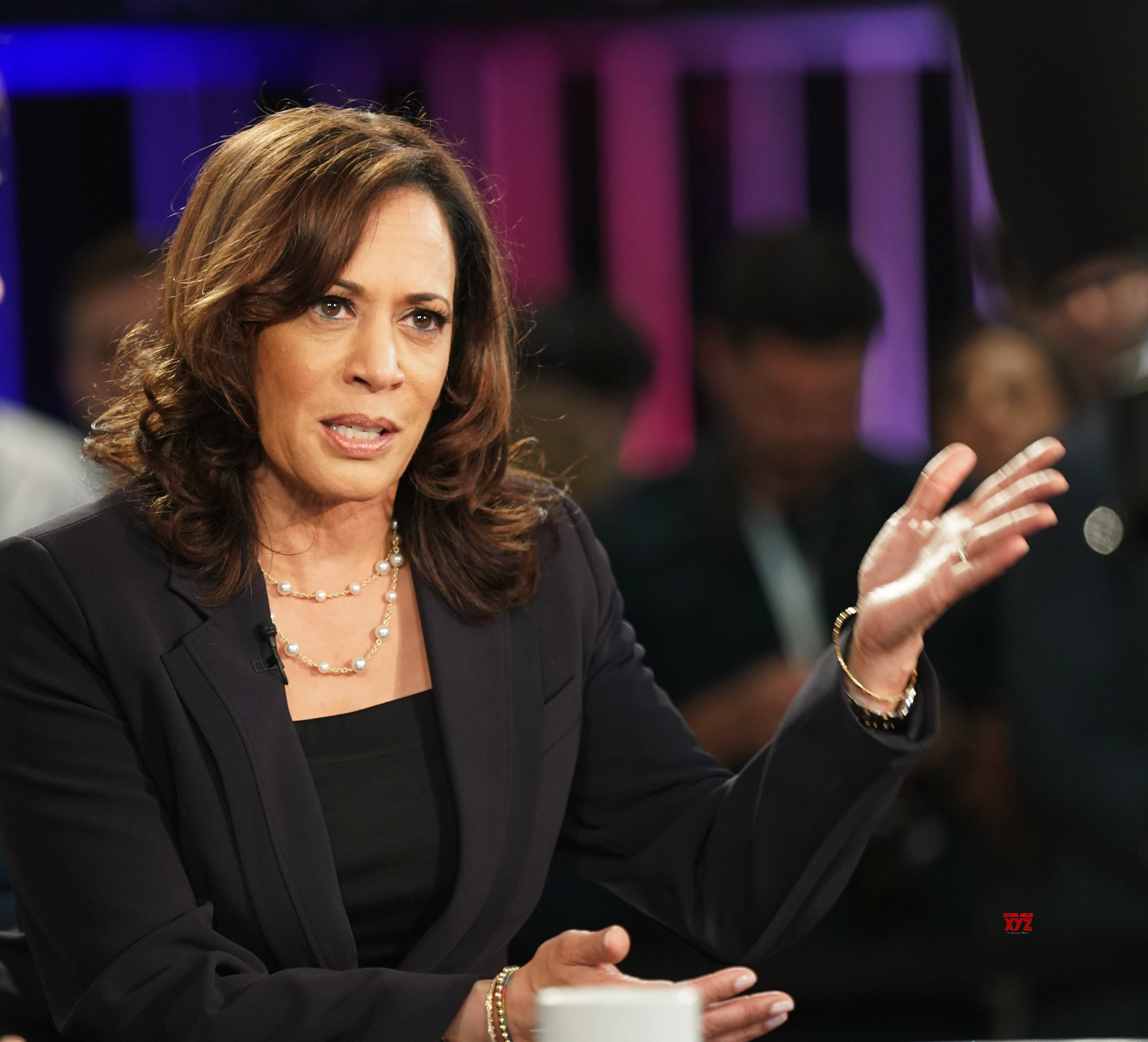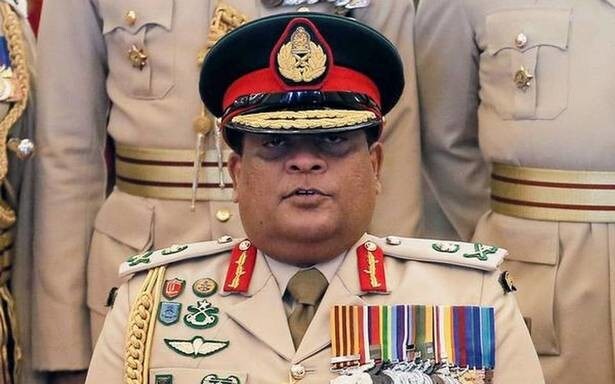
WASHINGTON: Even as there is a sense of positivity over Indo-Pak ties after the outcome of Pakistan polls, a former Pakistani diplomat believes a regime change is unlikely to bring any substantial shift in Islamabad’s approach.
Former Pakistan Ambassador to the US Husain Haqqani noted this while giving an analysis of the post-election scenario in Pakistan.
“We will have a kind of a hug-hug, embrace-embrace, but no substantial changed attitude towards India,” he said.
According to the reports in Pakistani media, Sharif has invited Indian Prime Minister Manmohan Singh for his swearing in ceremony.
“I think Nawaz Sharif will move to have relatively better relations with India, at least at a superficial level, cricket matches, cultural exchanges, speaking to Punjabis in Punjabi, on the Indian side,” Haqqani said in response to a question.
“But strategically, will he say, let’s put Kashmir on the back burner and move forward? I don’t see that happening. Will he say that we need to actually implement the Most Favored Nation agreement that the PPP reached, which has been held in a sort of limbo by the military?” Haqqani questioned.
The former diplomat said developments like setting up of Lashkar-e-Taiba and Kargil war have always contradicted Sharif’s intentions of having good ties with India.
He said Sharif has a poor record on opposing extremists.
Husain Haqqani, who is close to the rival Pakistan People’s Party, said that Sharif may not back up his statements with substance.
“He will say he wants good relations with the United States and there are individual Americans with whom he has very good relations,” Haqqani told a press conference call by the New York-based Council on Foreign Relations.
“Similarly, he will go ahead and engage with India. But will he really crack down on the hardline groups, many of whom campaigned for him and supported him in this election? I’m not so sure,” Haqqani said.
Haqqani faulted Sharif for the creation of Lashkar-e-Taiba, a virulently anti-Indian Islamist movement, and noted that he was prime minister during the short Kargil war with India in 1999.-PTI & AFP






